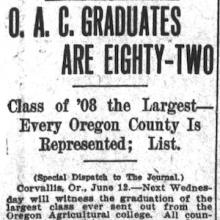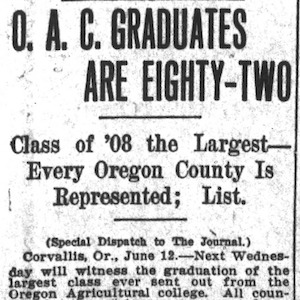North/Central America

Brochure for the South Carolina Inter-State and West Indian Exposition / Charleston Exposition, 1901-1902
This is the cover for a pamphlet to promote the Charleston Exposition and recruit exhibitors and attendees from along the entire U.S. Atlantic, which ran from New England to Florida to Cuba and Puerto Rico.

Least Cost Pathway Analysis Showing Movement Across a Landscape
These side by side charts show the basics of how least cost pathway analysis works in action. A geographic surface, landscape or seascape, is broken into standard size squares (or cells).

Remains of the Stargate Canoe
This image showcases one of the few remains of a canoe found in the Caribbean. The ‘Stargate’ canoe, found in a blue hole—a large marine cavern--on the island of South San Andros in the Bahamas, represents only the tip of the canoe.

Short Teaching Module: Indian Immigrants and U.S. Citizenship in an Imperial Context
Scholars often study citizenship and denaturalization in national frameworks. The history of legal status and its attendant politics and bureaucratic processes in the United States has long been tied to imperial constellations however.

Britain pressures U.S. to revoke citizenship of Indian activist
The US press often carried news of diplomatic issues in its headlines. This included references to matters of citizenship.

U.S. targets Indian activist, Taraknath Das
During World War I, U.S. and British officials expanded a transimperial surveillance apparatus designed to police enemy aliens and foreign threats. U.S.

2 Prints of a Sole Amerindian in a Canoe
These images of a man in a canoe come from the work of the Spanish official, historian, and botanist Gonzalo Fernandez de Oviedo (1478-1557), who created many images of Amerindians while he was in the Caribbean during the 1520s.

Rashid graduates from Oregon Agricultural college, 1908
Indian and other Asian immigrants attended land grant universities across the United States in the early twentieth century.

Mexicana: A Repository of Cultural Patrimony in Mexico
...this project seeks not just to aggregate existing digital collections but also to standardize metadata across institutions and encourage further digitization.
Analyzing Travel Records
In a way, all historical thinking and all historical writing deal with travel accounts.